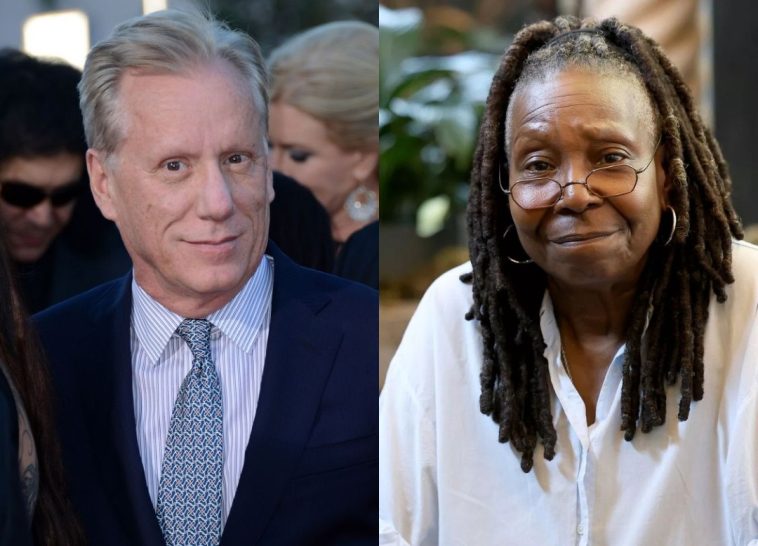James Woods, an actor, recently made a controversial speech in which he harshly criticized Whoopi Goldberg, a TV presenter and comedian, calling her “one of the worst characters on TV.” Opinions on Goldberg’s career and contributions to entertainment have been polarized online as a result of this comment.
Goldberg vented his annoyance publicly after taking issue with Woods’ comments and stances on a number of social and political issues; Woods is notorious for expressing strong and sometimes contentious ideas.
Hollywood star Whoopi Goldberg has always been divisive, drawing attention to herself on “The View” and in films for her outspoken views on racial equality, women’s rights, and politics. There is a larger cultural gap when it comes to media figures who talk politics, and Woods’ remarks reflect both that and a personal grudge.
Support for Trump keeps James Woods’ “Oppenheimer” position under wraps.
A broader conversation on the duties of public people and the impact from Woods’ comments has begun about the accountability of celebrities.
Some may defend Woods’ actions by saying he is just using his First Amendment right to criticize someone he thinks detracts from the media environment, while others may defend Goldberg by saying her honest opinions spark important debates that the public must have.
Discussions on identity, politics, and ethical portrayal in American media can easily turn into heated arguments, as this clash of viewpoints shows.
It “was a matter of life and death” for Whoopi Goldberg’s addiction.
The impact on public perceptions of people and the potential for more conflicts in the world of celebrity culture, where every viewpoint is influential, have still to be determined as responses to Woods’ remarks keep pouring in.
In the midst of all the controversy, Woods and Goldberg continue to represent the intricacies of contemporary stardom, when one’s personal views have the power to unite followers or incite strong opposition from divisive fans.




